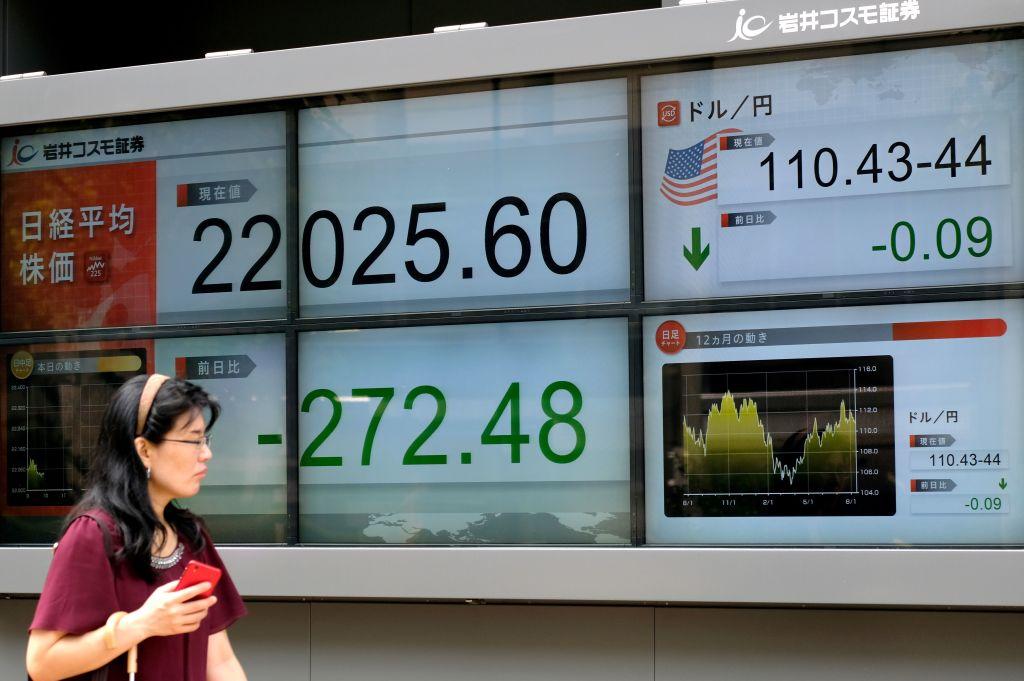Four Japanese companies—Asahi Kasei, Komatsu, Iris Ohyama, and Mitsubishi Electric—are moving production out of China, in response to the ongoing trade war between the United States and China, according to two recent articles by Japanese media Nikkei.
Asahi Kasei, a chemical company, shifted production of a plastic material that is shipped to the United States from China, to a plant in Japan. The decision to bring production home was made after the plastic, which is used in auto parts, was among products the Trump administration said would be subject to tariffs.





